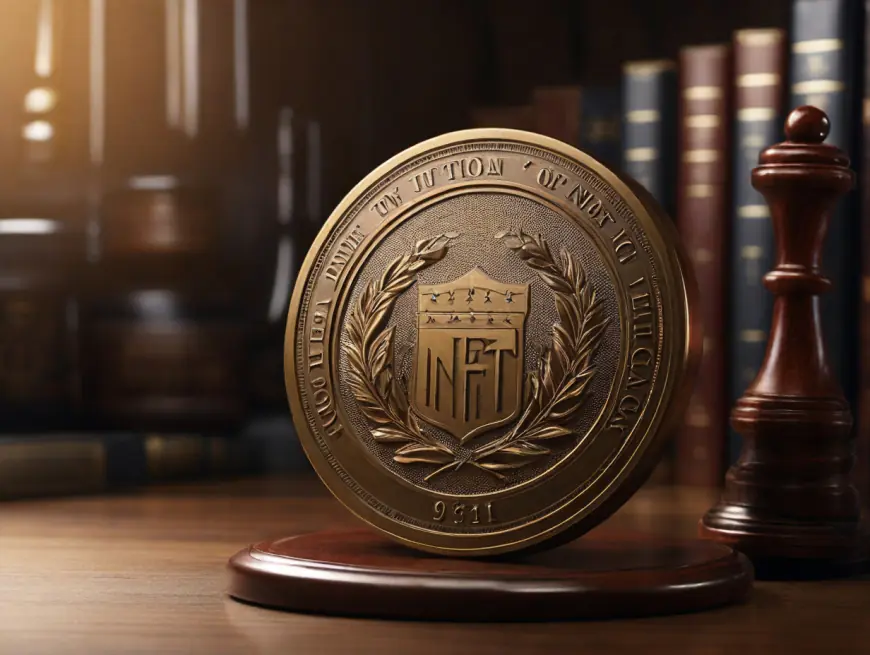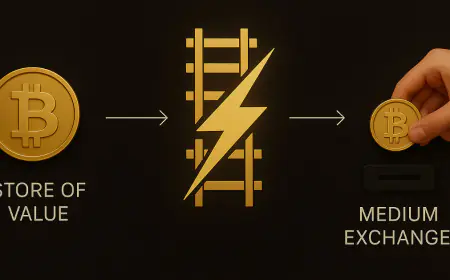Intellectual property laws sufficient for NFT regulation, USPTO, and copyright office conclude
In a comprehensive 112-page study commissioned by former Democratic Senator Patrick Joseph Leahy and Democratic Senator Thom Tillis, the United States Patent and Trademark Office (USPTO) and the U.S. Copyright Office have determined that current intellectual property laws adequately address concerns surrounding copyright and trademark infringement associated with non-fungible tokens (NFTs). Stakeholder consensus and recommendations […]

In a comprehensive 112-page study commissioned by former Democratic Senator Patrick Joseph Leahy and Democratic Senator Thom Tillis, the United States Patent and Trademark Office (USPTO) and the U.S. Copyright Office have determined that current intellectual property laws adequately address concerns surrounding copyright and trademark infringement associated with non-fungible tokens (NFTs).
Stakeholder consensus and recommendations
Following three public roundtables and solicitation of comments from stakeholders, the study found a consensus among most participants that existing intellectual property laws are sufficient to address issues related to NFTs. Despite acknowledging common occurrences of trademark misappropriation and infringement on NFT platforms, stakeholders generally agreed that specific legislation targeting NFTs would be premature and could hinder the ongoing development of the technology.
While the study affirms the adequacy of current laws, the landscape of NFT regulation in the United States has been ambiguous. Notably, in August 2023, California-based media company Impact Theory settled charges brought by the U.S. Securities and Exchange Commission (SEC) in U.S. regulators’ first NFT-related enforcement action. Impact Theory’s sale of NFT offerings and promises of investor profits led the SEC to classify these NFTs as securities. However, this case did not establish a blanket categorization of all NFTs as securities.
Enforcement challenges and legal precedent
One of the key challenges highlighted in the study is the lack of controlling judicial precedent regarding enforcing trademark registrations for physical goods against using those marks on digital goods tied to NFTs. This legal ambiguity complicates enforcement efforts and underscores the evolving nature of NFT-related intellectual property issues.
Despite regulatory challenges, NFT adoption continues to grow, with figures like former President Donald Trump entering the space and successfully selling out their NFT collections. However, concerns raised by technology industry associations regarding trademark misappropriation and exploitation of consumers’ personal information highlight ongoing risks associated with NFT platforms.
What's Your Reaction?




































































































